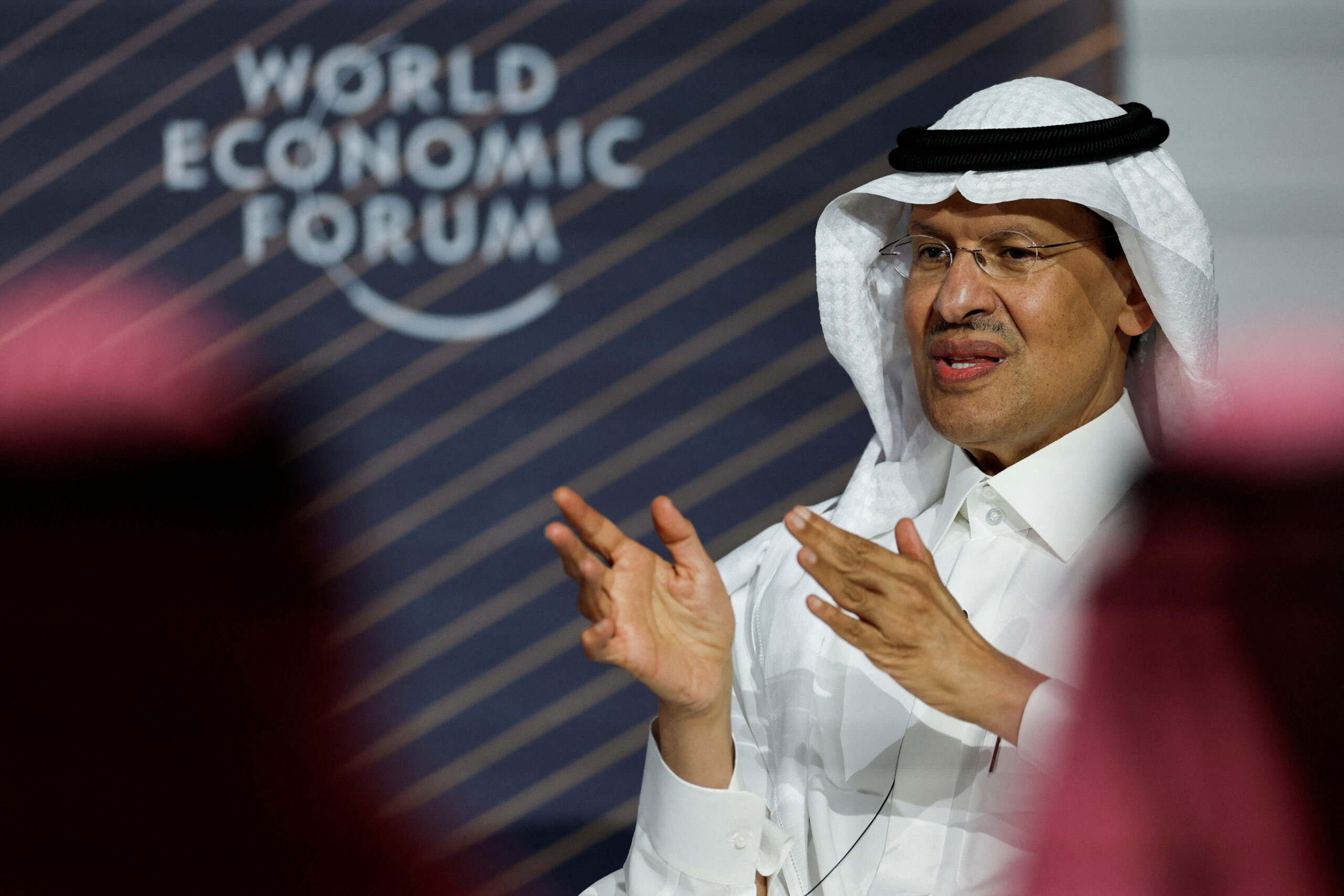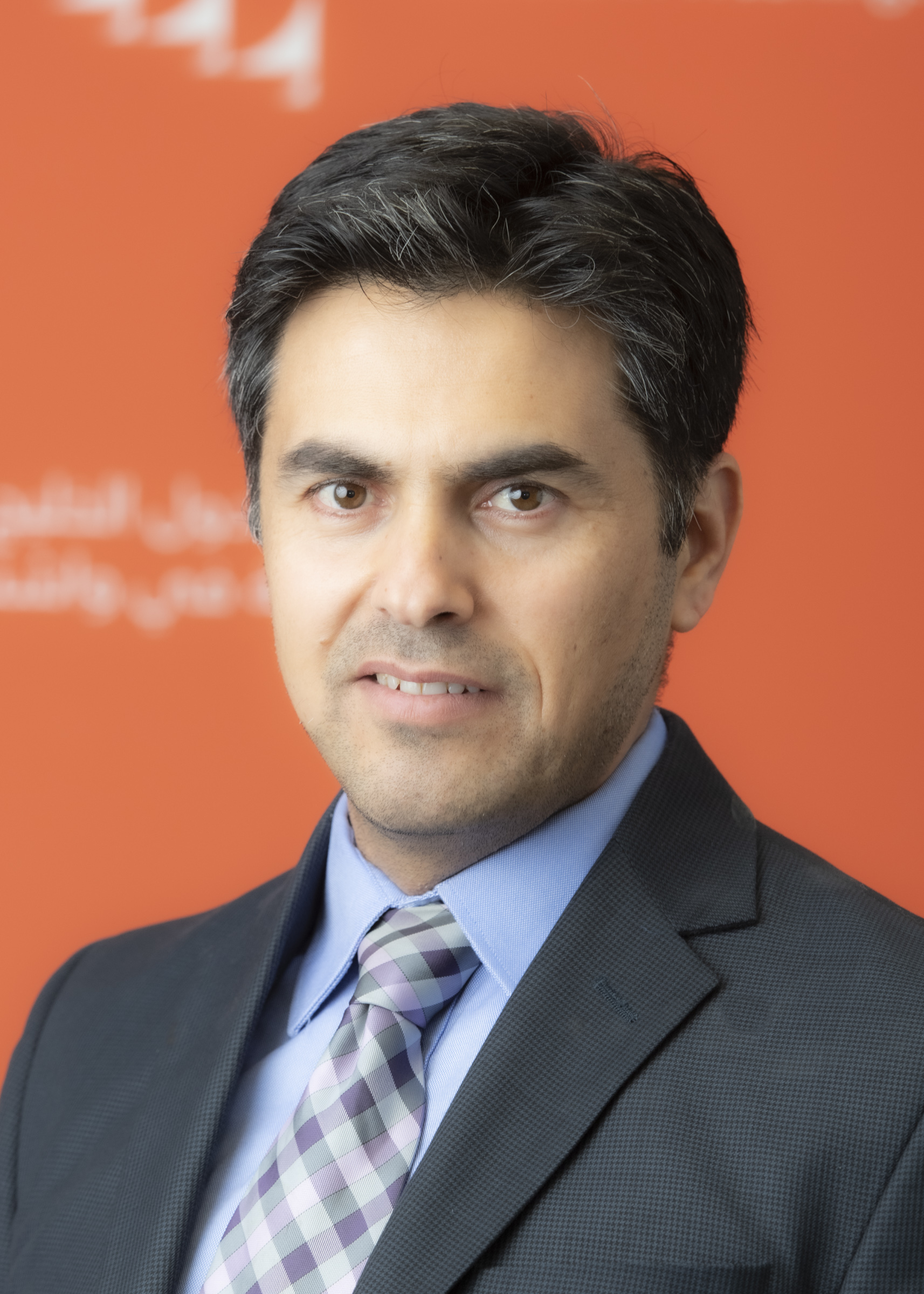U.S. Presidential Election
The United States is in the final four weeks leading up to the presidential election. The candidates, Democrat Vice President Kamala Harris and Republican former President Donald J. Trump, have expressed a range of policy positions. But how different might their foreign policy agendas be, and what might be the implications for the Gulf Arab states? With a focus on issues from regional tensions and security to energy and economic partnerships, AGSIW’s U.S. Presidential Election series explores Gulf perspectives on the 2024 election and considers how the election results may shape the future of U.S. engagement in the Gulf region.
Gulf Popular Interest in U.S. Elections Is Not What It Used To Be
Anger and disillusionment over the Gaza war and rising confidence in their own national direction means Gulf publics are not as invested in U.S. political outcomes.
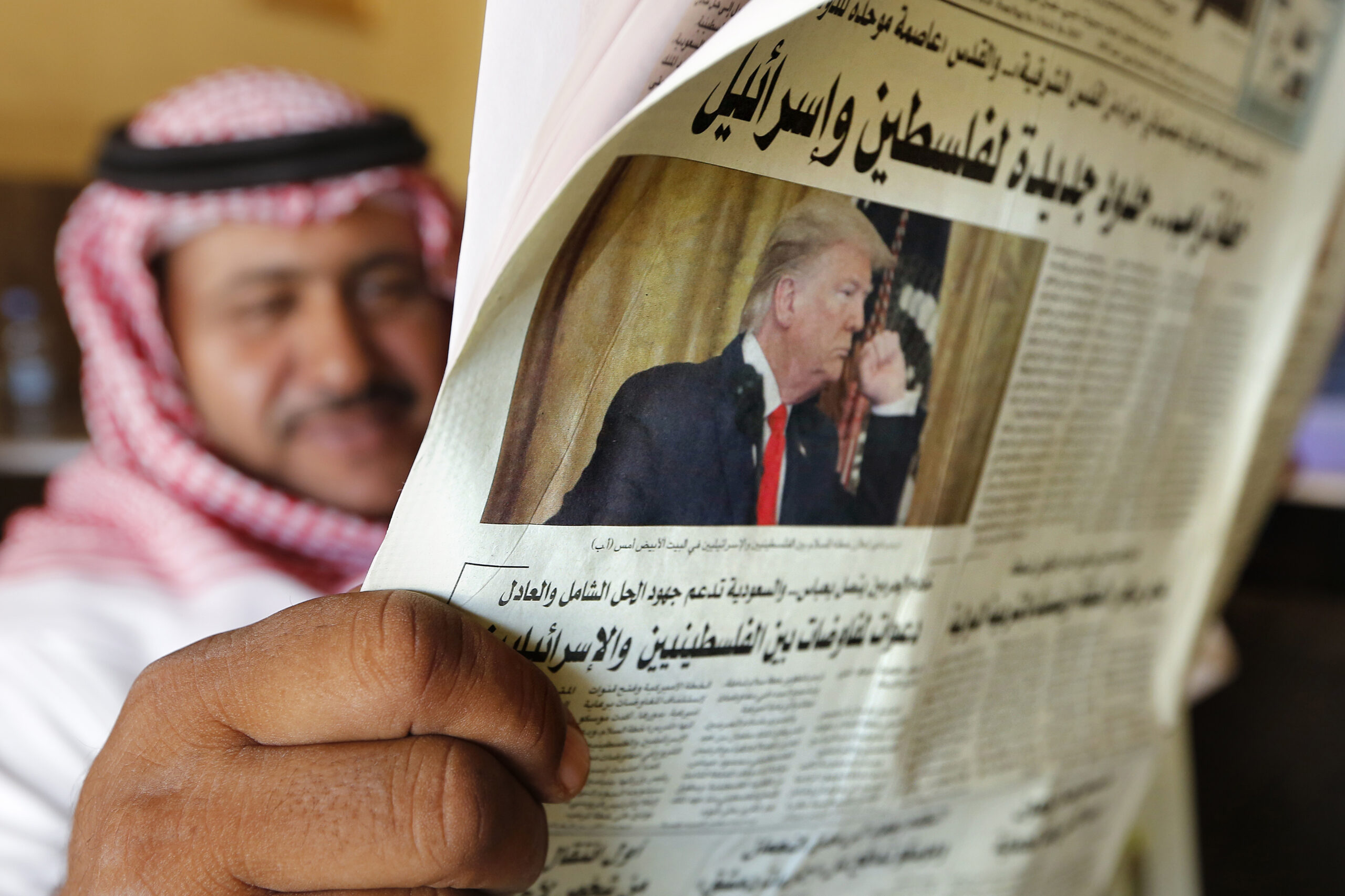
U.S. Focus on Regional Integration and Partnerships
On U.S.-Gulf relations, a Harris administration would inherit a well-established framework to advance – one it is unlikely to abandon.
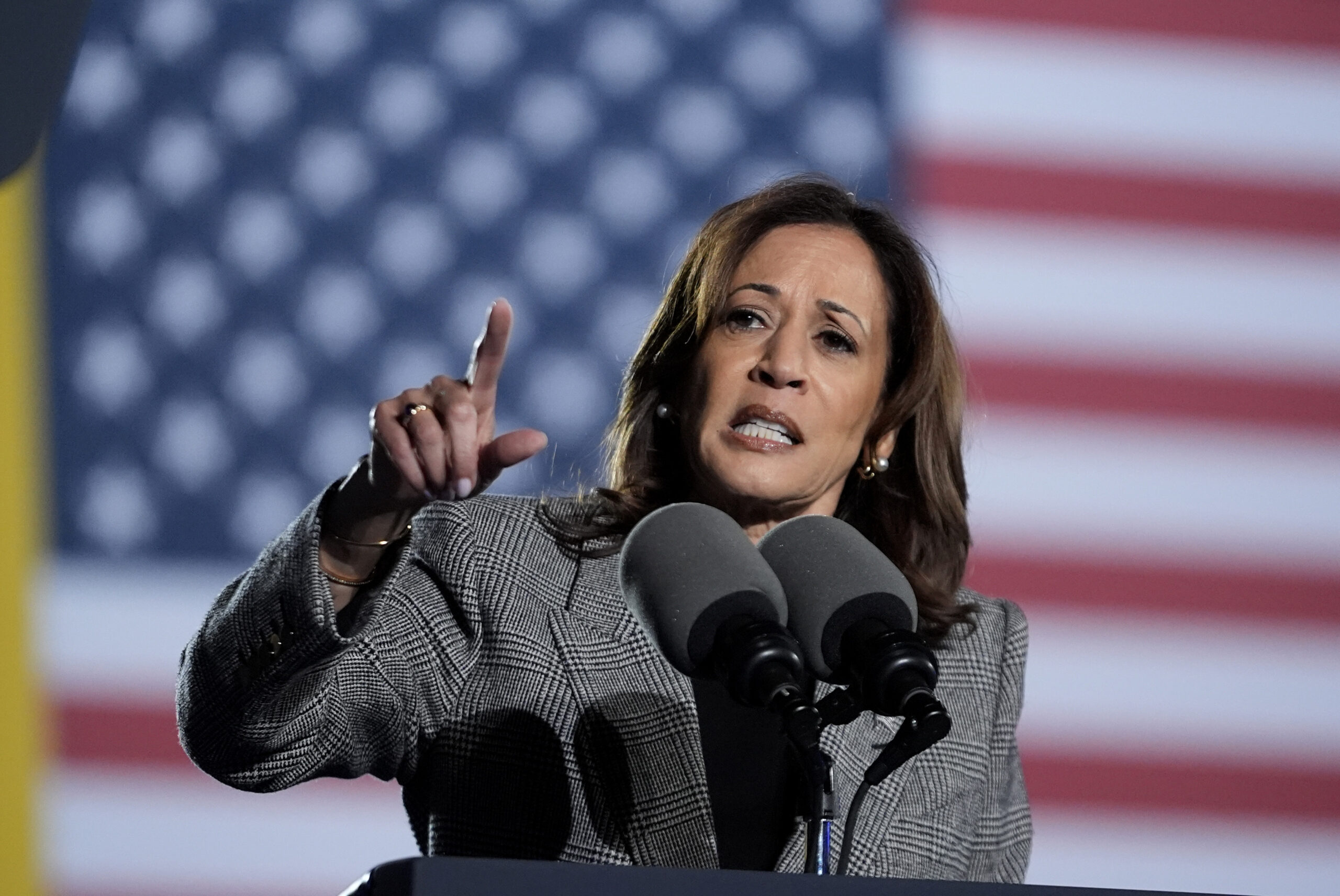
Trump’s Commercial Influence in the Gulf
Whether or not former President Donald J. Trump wins the presidency for a second time, his commercial brand will remain a visible feature of the Gulf region.
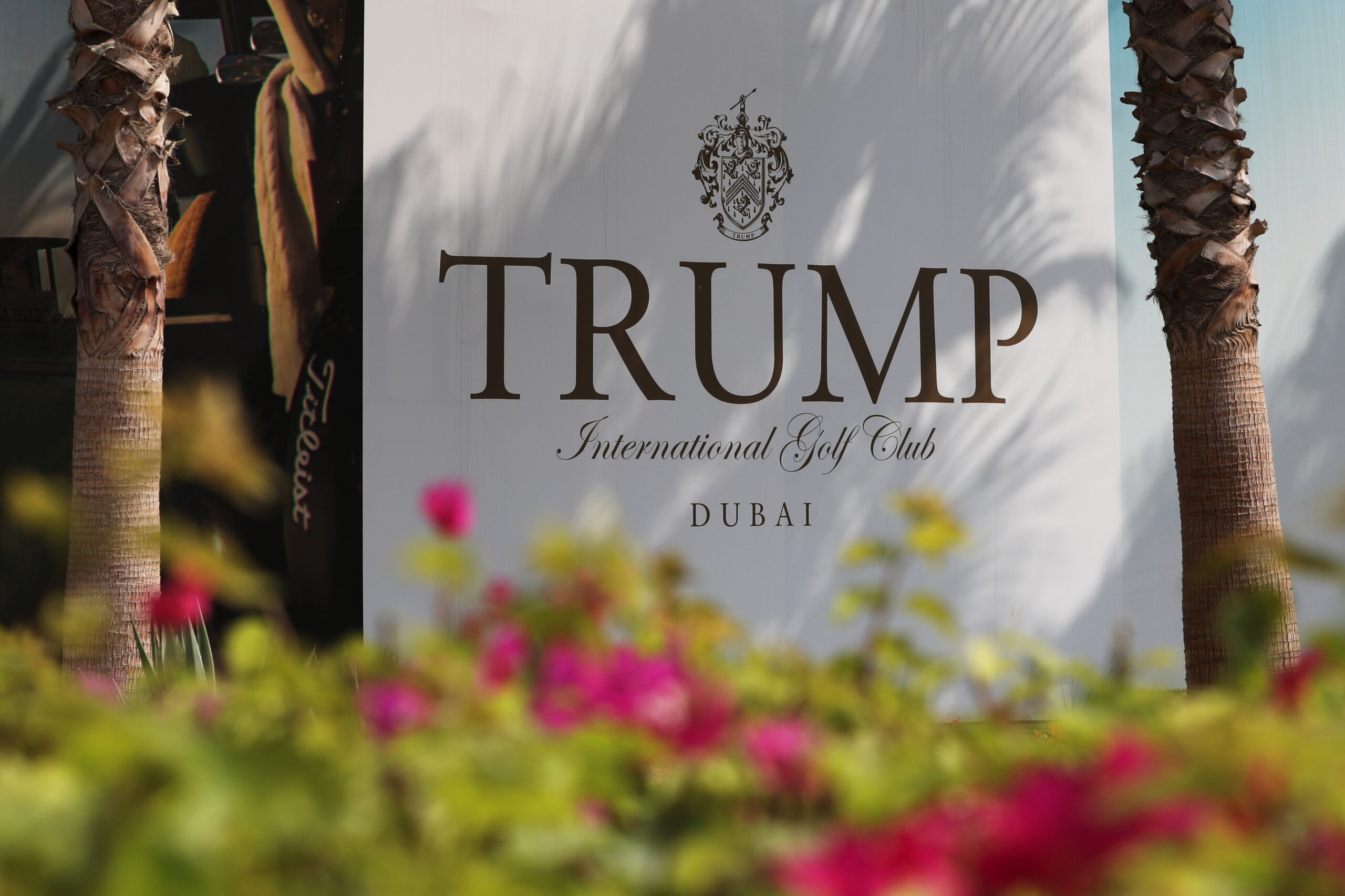
Uncertain: Iran Policies of U.S. Presidential Candidates
Regardless of who prevails in November's presidential election, the next U.S. administration may contend with either a nuclear-armed or fragmented Iran.
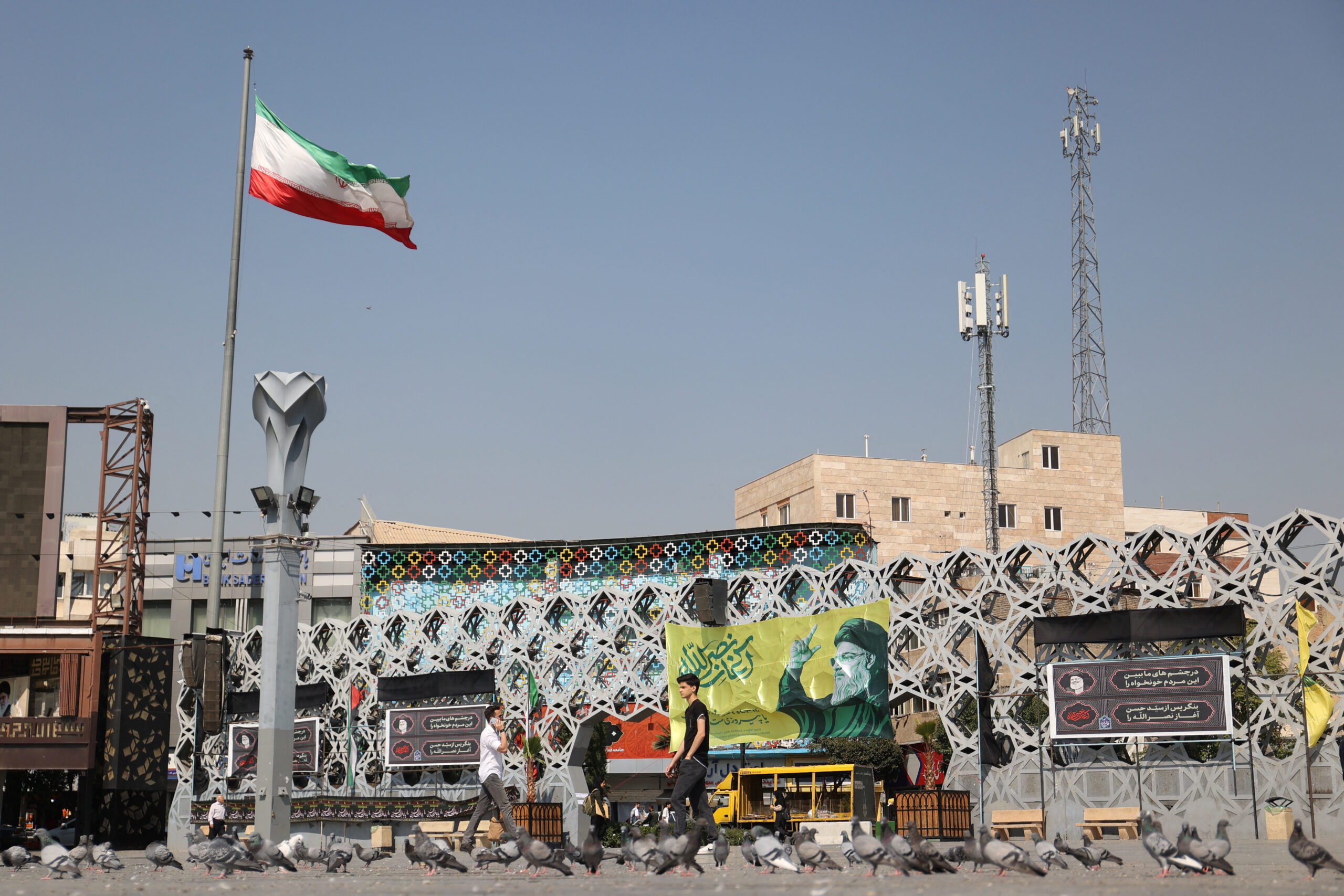
The Kurdish View on the U.S. Election
Iraq’s Kurdish population may benefit more from a consistent U.S. foreign policy under Harris than the unpredictability of another Trump term.
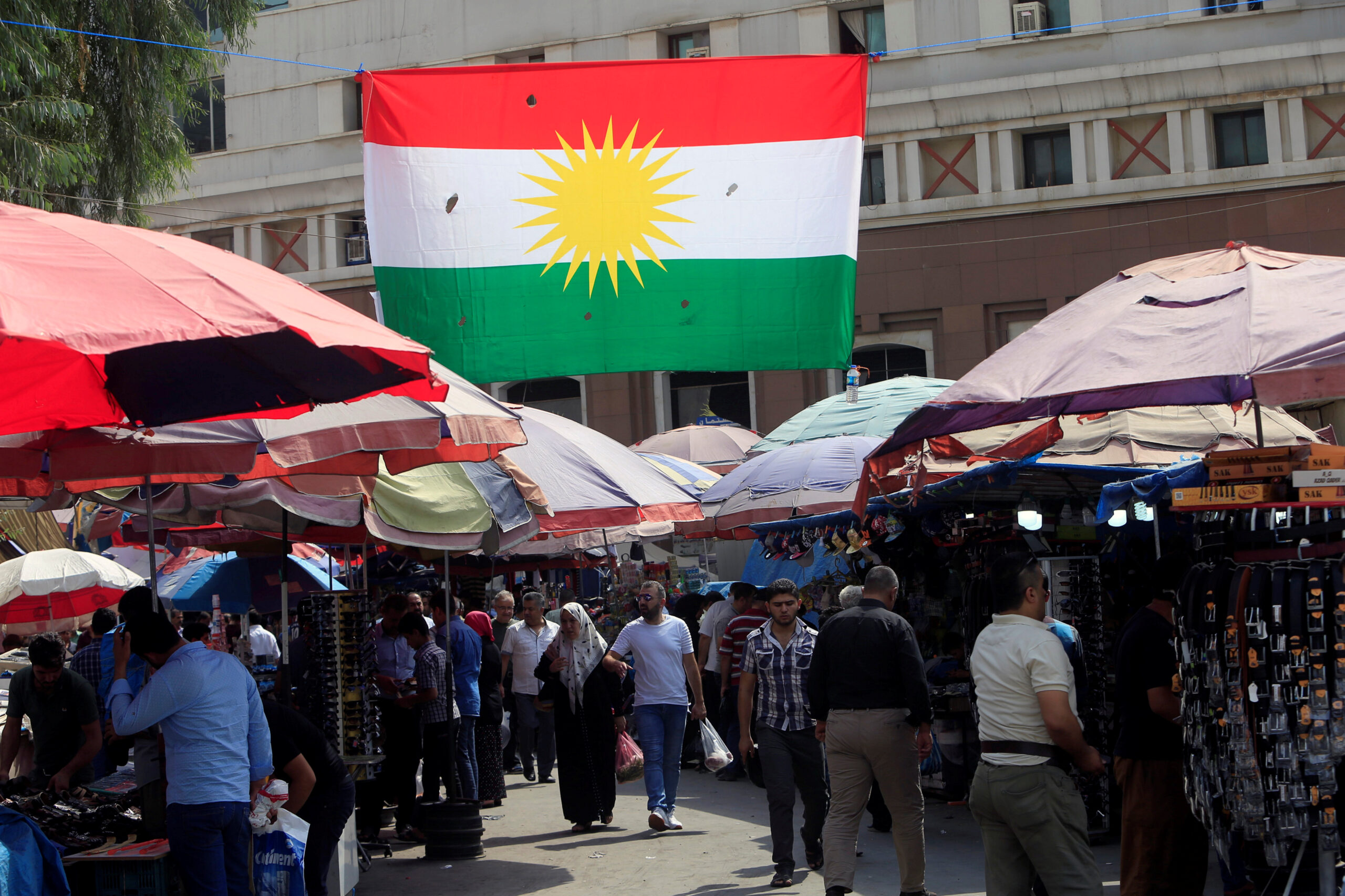
The Presidential Election’s Implications for Gulf Oil Exporters
The opposing candidates’ energy policy agendas have stark differences, and each will have ramifications for the Gulf oil exporters, the global climate agenda, and international trade relations.
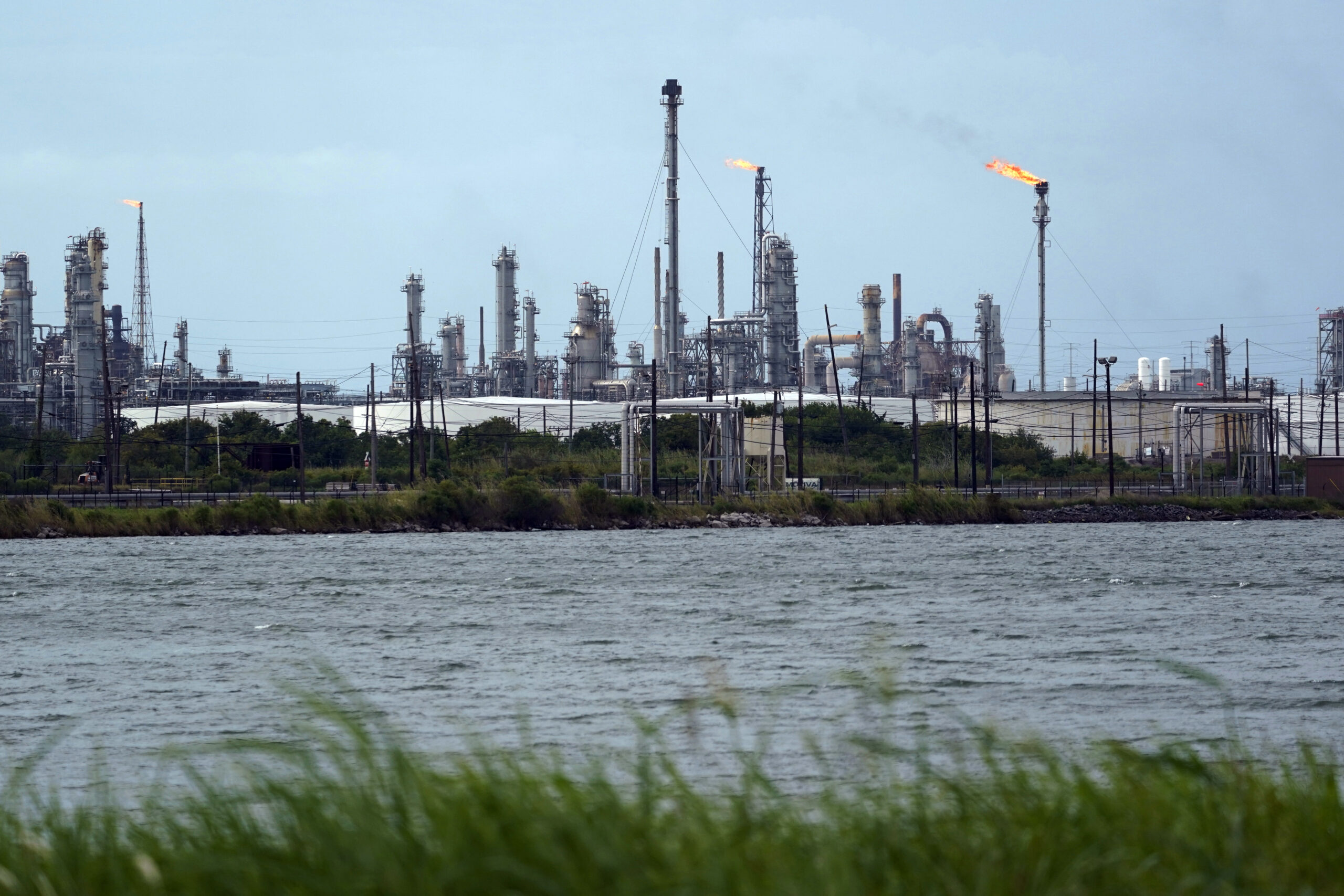
Day One Problems: Yemen
No matter who wins the presidency in November, the United States will need a strategy that allows it to protect free and open trade in the Red Sea without becoming bogged down in an open-ended conflict in Yemen.
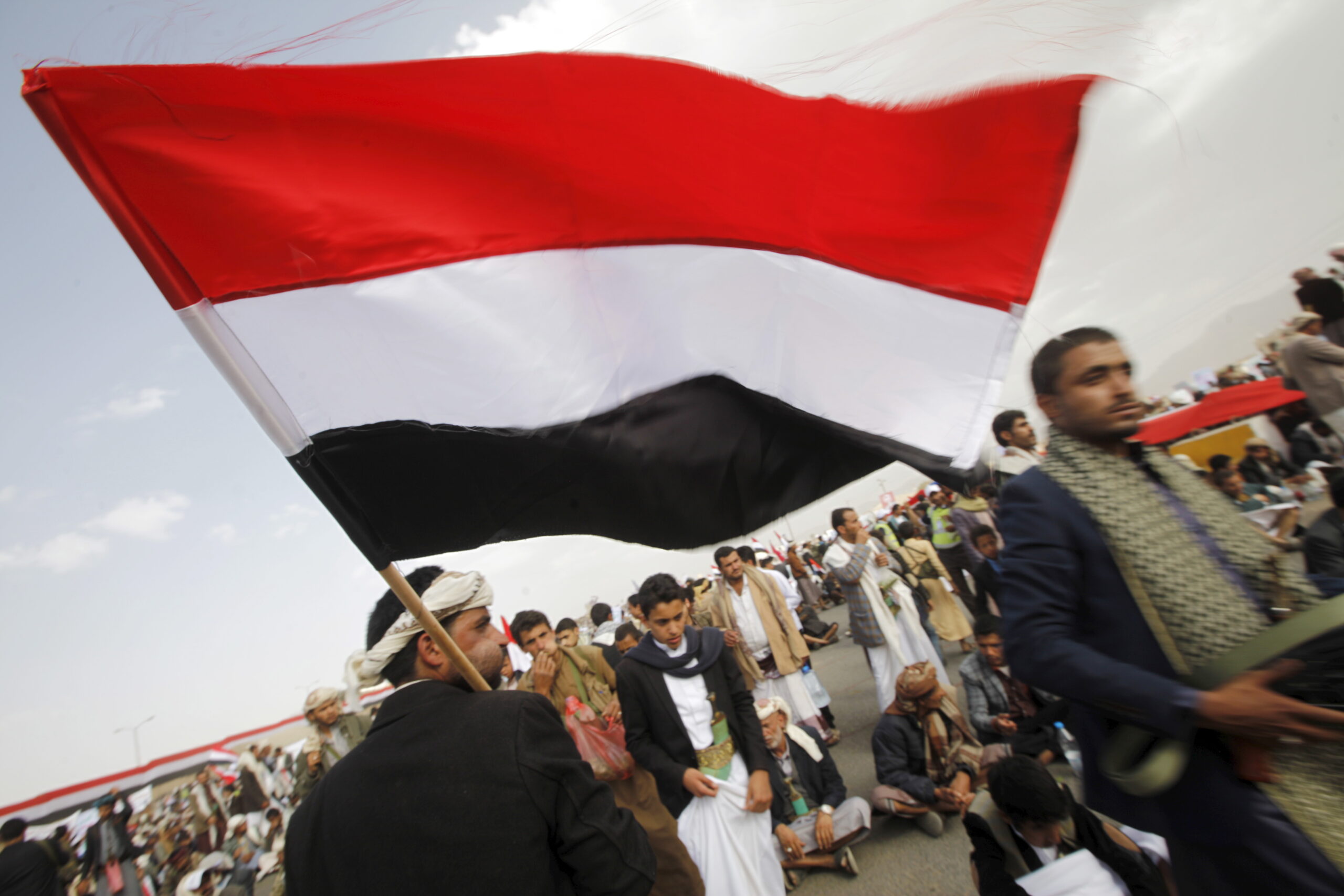
Oil Prices Between Regional Conflict and the U.S. Presidential Election
On October 17, AGSIW hosted a discussion on the implications of regional conflict and the U.S. presidential election on oil prices.

Will the 2024 U.S. Election Prove an Inflection Point for Middle East Policy?
On October 9, AGSIW hosted a discussion on the U.S. presidential election and what it means for U.S.-Middle East policy.
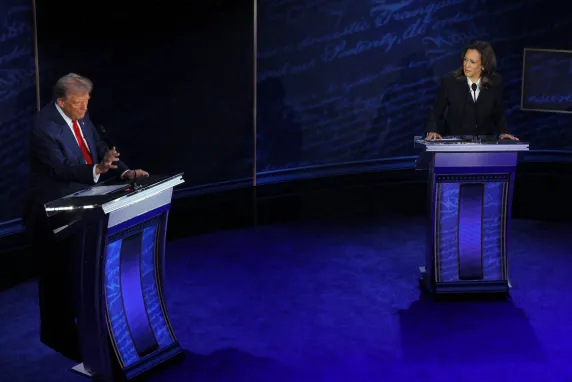
For Gulf Countries, There May Be No Clear Preference Between Trump and Harris
GCC states will see advantages and disadvantages from either outcome in the U.S. presidential election but will rely on the persistence of long-standing ties.
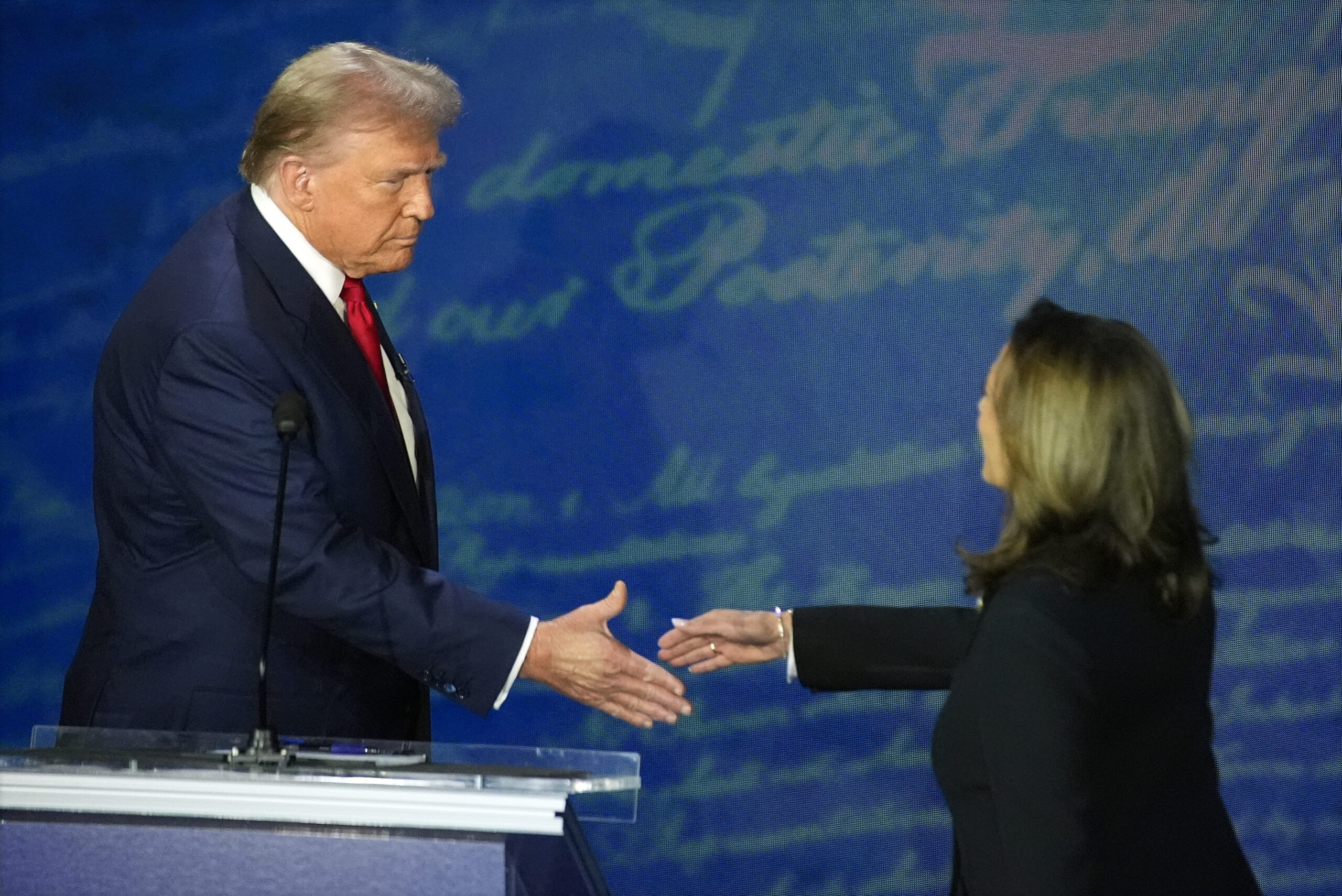
The Gulf States and the U.S. Presidential Election
The short-term effects of the U.S. presidential election for policy toward the Gulf region are likely to be minimal, though the most consequential effect may be indirect and long term.
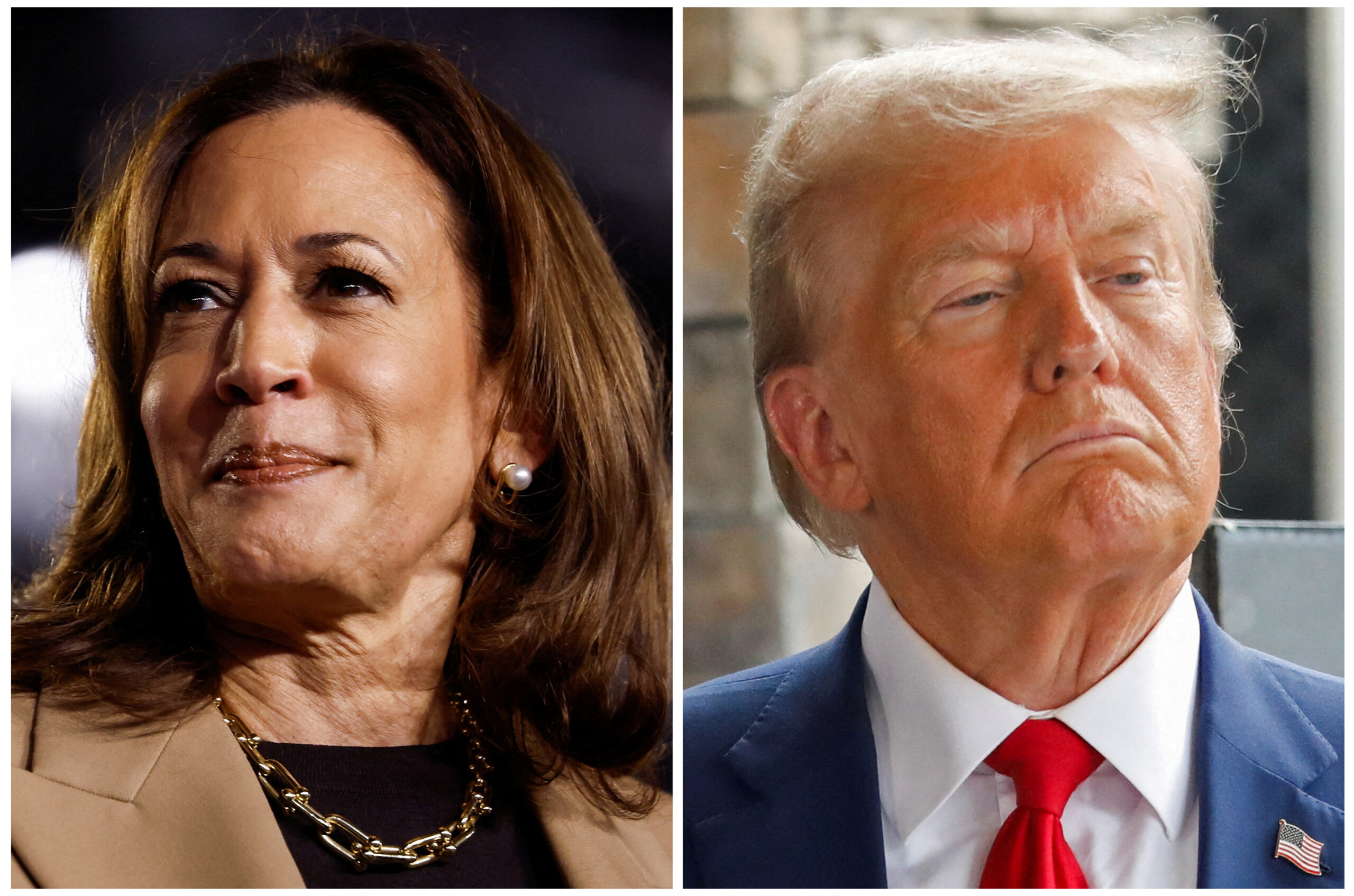
The U.S. Election and the Saudi Economy
The outcome of the U.S. presidential election is unlikely to have a major impact on the Saudi economy in 2025, but policy differences between the two candidates could have longer-term implications for the kingdom.
